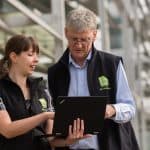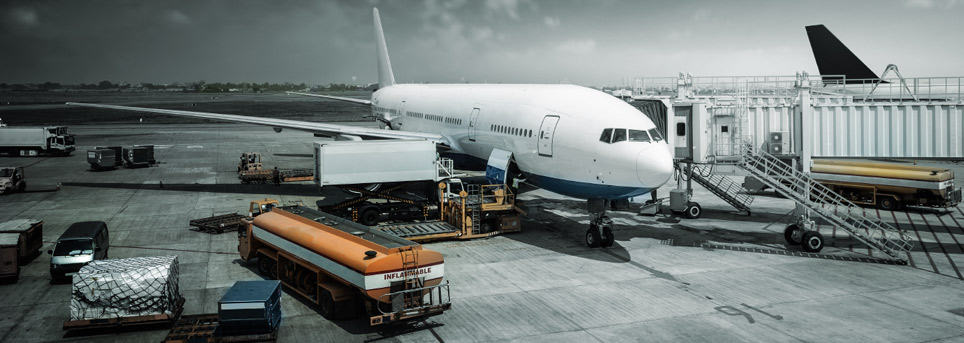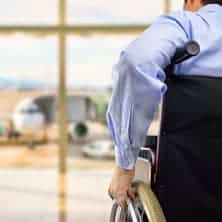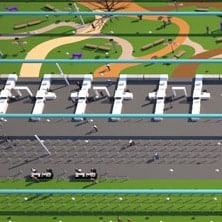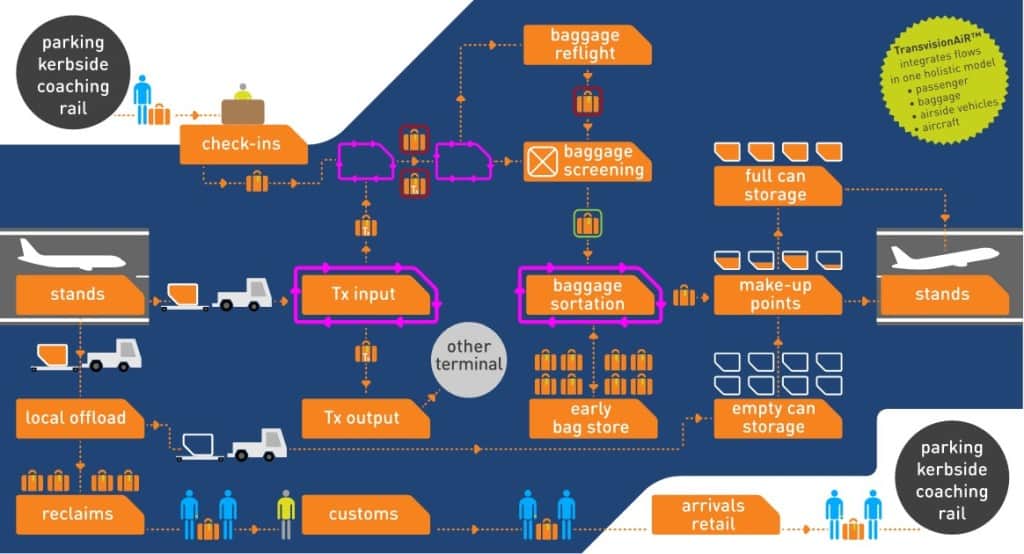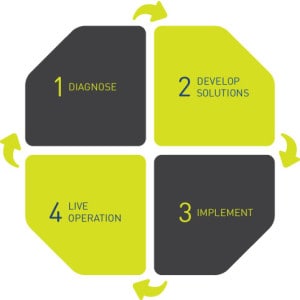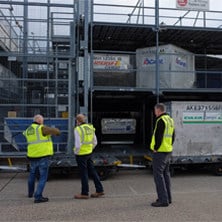
AiQ Consulting Services
AiQ covers all areas of the Airport Consultancy with our holistic approach to capacity planning and operational efficiencies.
We improve passenger experience, protect your operation and reduce risk. By realising ‘unseen’ capacity, optimising the use of what is already available, as well proving future designs or masterplans that are efficient from the outset, we help airports around the world achieve more with what they already have.
In the airfield, we maximise your airport’s competitive advantage with intelligent airfield planning, keeping pace with existing and future aircraft demands by optimising your airfield capacity. We look at major aircraft traffic surfaces, such as runways, taxiways and stands; current and future flight schedules; and capacity issues and risk that airport, operators and airlines face on any given day.
We also develop operational concepts for terminals, proving layouts and evaluating existing facilities for efficient use of resources (airport baggage check, baggage handling systems, passenger screening and more,). We enhance the function of terminal buildings, ensuring long-term utilisation and preventing unnecessary investment costs.
Read More »
